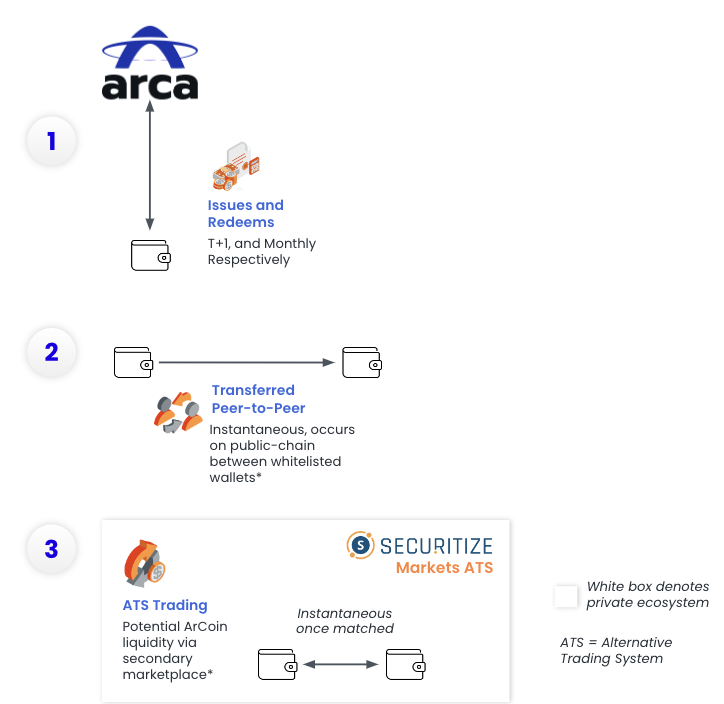Podcast Summary
This podcast episode delves into the concept of shared security in blockchain networks, the role of validators, and the challenges of onboarding participants. The discussion also covers the Symbiotic protocol, a decentralized network that incorporates various networks. The guest, Misha, known as the “Godfather of liquid staking,” shares insights on the technical architecture of the Symbiotic platform and the potential of Ethereum’s shared security.
Key Takeaways
Understanding Shared Security
- Conceptual Origins: Shared security, a concept that predates Polkadot, involves using resources like hashing power or governance tokens to provide security for multiple networks. Polkadot was one of the first implementations of this concept.
- Role of Validators: Validators play a crucial role in shared security, providing the necessary operator expertise and scoring systems. They help understand the token model, slashing mechanisms, and infrastructure requirements of the new network.
Symbiotic Protocol
- Decentralized Network: The Symbiotic protocol aims to create a decentralized network that incorporates various networks like Oracle and Market Maker networks. The protocol is designed to be opt-in, with consensual relationships between participants and clear rules for commitments.
- Modular Design: The design of the protocol is modular, allowing for flexibility and adaptability as the industry evolves. The resolver layer acts as an arbitration layer between operators and the networks they service.
Technical Architecture of Symbiotic Platform
- Flexibility: The platform allows for the use of any collateral, whether on-chain or off-chain, providing flexibility and the ability to use assets from other chains. Ethereum is used as an orchestration layer, but the platform is not limited to Ethereum’s finality speed or the assets on Ethereum.
- Neutrality: The importance of neutrality is emphasized, with the platform not aiming to compete with existing solutions but rather showcase different use cases and allow for creativity.
Ethereum’s Shared Security
- Unlocking New Possibilities: Ethereum’s use of shared security and staking goes beyond securing external chains and can unlock new possibilities for existing validators. Pre-Comps allow Ethereum validators to expand their scope and participate in L2 interoperability and base sequencing.
- Overloading Consensus: The debate around overloading consensus in Ethereum is discussed, with considerations of the complexity and opportunity size for validators to opt into additional tasks.
Sentiment Analysis
- Bullish: The podcast presents a bullish sentiment towards the potential of shared security and the Symbiotic protocol. The guest, Misha, expresses optimism about the flexibility and neutrality of the Symbiotic platform and the opportunities it presents for Ethereum validators.
- Neutral: While the podcast is generally bullish, it also maintains a neutral stance by acknowledging the challenges and complexities involved in implementing shared security and overloading consensus in Ethereum.












